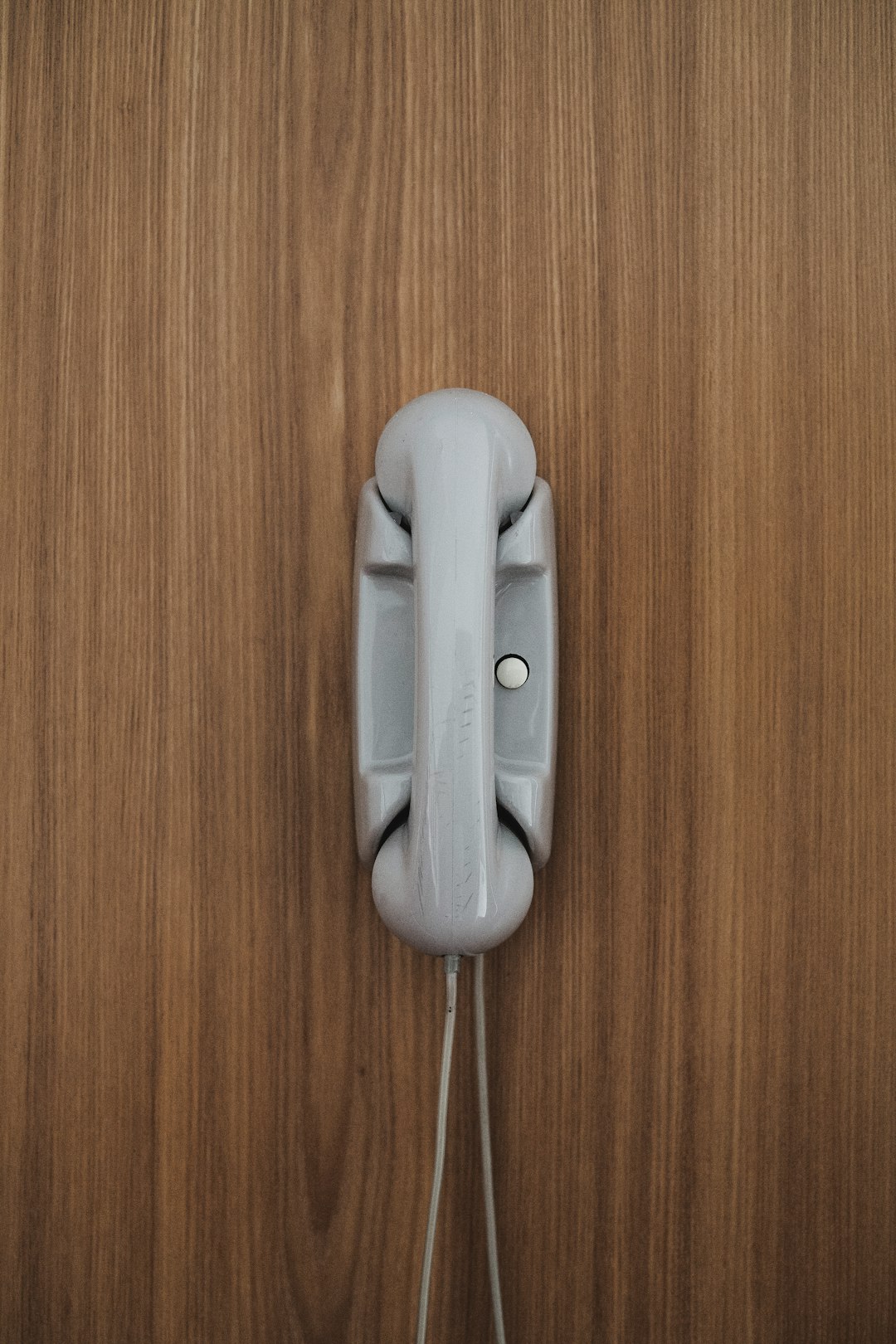Spam calls in Topeka and Kansas involve unwanted promotional or scam calls from unknown numbers, disrupting daily life and causing stress. To combat this, residents should identify patterns, educate themselves, block and report calls using smartphone features, and register on the National Do Not Call Registry. Enhancing phone security by adjusting privacy settings, limiting public info, enabling blocking, updating software, and reporting suspicious numbers also helps create a spam-free environment in Kansas.
Tired of relentless spam calls in Topeka? Understanding and reporting these unwanted interruptions is key to mitigating their impact. This comprehensive guide details effective strategies, from identifying and recording offenders to reporting them to telecommunication authorities and utilizing the National Do Not Call Registry. Additionally, learn proactive measures to safeguard against future spam calls in Kansas.
Understanding Spam Calls in Topeka

Spam calls, a persistent nuisance across the country, have found their way to Topeka residents as well. These unwanted phone calls, often from unknown numbers, are designed to promote products, services, or even scams. While it might be tempting to simply ignore them, these calls can be more than just irritating—they’re a significant distraction and can contribute to increased stress levels. Understanding the nature of spam calls in Topeka is the first step towards combating this issue.
Topeka, like many cities in Kansas, has seen an increase in spam call activity, often targeting local businesses and residents. These calls may attempt to sell low-quality products, offer unrealistic investment opportunities, or even threaten legal action if you don’t respond. Recognizing these patterns is crucial when learning how to stop spam calls Kansas. By educating yourself and employing techniques to block and report these calls, you can take control and create a quieter, more peaceful environment for your daily communications.
Identifying and Recording the Offenders

In Topeka, as in many places across Kansas, spam calls can be a persistent and frustrating problem. The first step in how to stop spam calls is to identify them. These calls often originate from unknown numbers or display fake names, making it crucial to pay close attention to caller ID information. If a call appears suspicious, don’t engage; instead, take note of the number.
Recording these calls can also be helpful. Many smartphones have built-in voice recording capabilities that allow you to capture and save spam calls as evidence. This recorded information can later be used to report the offenders to your service provider or relevant authorities. Remember, identifying and documenting these calls is a key part of how to stop spam calls in Kansas and ensuring a safer, less disruptive communication environment.
Reporting to Telecommunication Authorities

In Topeka, as in many parts of Kansas, reporting spam calls is a crucial step in preventing unwanted and harassing phone communications. The first step is to identify the call as spam. Once confirmed, report it to your telephone service provider. They have mechanisms in place to block similar future calls.
Additionally, you can file a complaint with the Kansas Communications Commission (KCC). This authority regulates telecommunication services and has strict guidelines for handling spam calls. Reporting these incidents helps strengthen their enforcement efforts. When reporting, provide as much detail as possible, including the caller’s number, time of call, and any identifying information. This process plays a vital role in How to Stop Spam Calls Kansas by creating a robust defense against persistent spam callers.
Utilizing National Do Not Call Registry

One effective way to stop spam calls in Topeka, or anywhere in Kansas, is by registering your number on the National Do Not Call Registry. This federal database helps prevent unwanted telemarketing calls from reaching your phone lines. By signing up, you grant permission for your number to be excluded from marketing purposes, significantly reducing the volume of spam calls you receive.
Remember, once registered, it may take up to 31 days for the changes to take effect. Still, it’s a powerful tool in combating persistent spam callers and can offer some much-needed peace of mind when it comes to your phone privacy.
Preventive Measures for Future Protection

To prevent future spam calls, it’s crucial to take proactive measures that enhance your phone’s security settings. Start by reviewing and adjusting the privacy settings on your device. Limit the information available publicly online, as spammers often gather data from various sources to target individuals. Enable call blocking features on your smartphone, which allow you to manually block specific numbers or automatically filter out known spam calls. Regularly update your operating system and security software to patch any vulnerabilities that spammers could exploit.
Additionally, consider enrolling in the National Do Not Call Registry, a federal database designed to protect consumers from unsolicited phone marketing calls. This step significantly reduces the number of advertising calls you receive. Keep an eye out for suspicious numbers or unfamiliar call patterns, and report them promptly using Kansas-specific reporting mechanisms available through local consumer protection agencies or telecommunications providers. Regularly monitor your call history for any anomalies, ensuring a proactive approach to maintaining a spam-free communication environment in Topeka and beyond.






